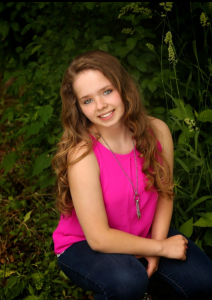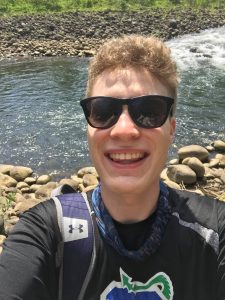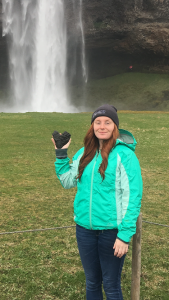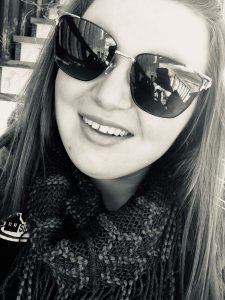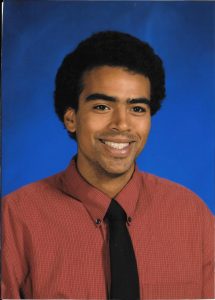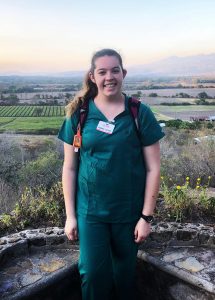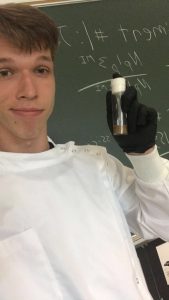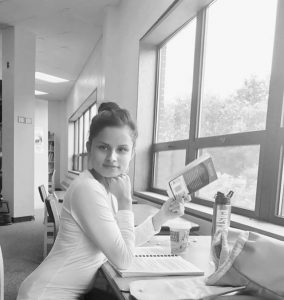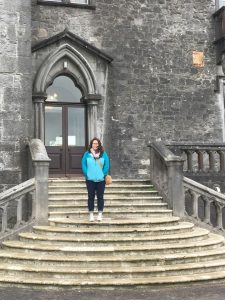For Kontessa Siliski, getting to college was the hard thing. The college search and application processes were mysterious, and paying for college seemed impossible. “I’m first-generation, so no one in my family knew where to start,” she explains. But with the help of guidance counselors and friends’ parents, the girl from Granville, New York applied to and was accepted at Castleton University.
Kontessa found a warm welcome at Castleton’s Academic Support Center (ASC). Through the ASC’s TRIO Tuesdays and Financial Literacy workshops, she learned about college life and financial aid opportunities. Castleton quickly became a friendlier place – and paying for college seemed less daunting.
Armed with this new knowledge, the aspiring teacher threw herself into campus life. She participated in the Rotaract Club, Intervarsity Christian Fellowship, and mentoring programs at Castleton Elementary School. As a sophomore, she started a chapter of the Student Education Association; since then, she has served as its president. She also found a part-time job mentoring students with disabilities through the College Steps program.
Despite her busy schedule, Kontessa has also given back to the ASC. As a Summer Transition Program mentor, she has welcomed new TRIO students to Castleton and helped them acclimate to college life. She has also served as a financial literacy mentor, organizing the very sessions that proved so useful to her. This winter, as a TRIO Program Assistant, she oversaw a team of financial literacy mentors. Her marketing efforts attracted an unprecedented number of students to the workshops, doubling previous years’ numbers.
Academic Counselor Becky Eno praises Kontessa’s “quiet, calm leadership style” and great kindness. “The mentees in her Summer Transition family seemed to feel safe under her wing,” says Eno. “Kontessa has touched the lives of many people, including many of our TRIO students, by listening to their concerns, helping them improve their own lives and feel better about themselves, and inspiring them to get involved through her own shining example.”
Today, Kontessa is on the cusp of her senior year at Castleton. Despite her initial qualms about college, she regularly makes the President’s List. She balances academic excellence and her extracurricular involvement with three jobs: her position at College Steps, her TRIO Program Assistant role, and a job at an adult home in Granville. Since the COVID-19 pandemic forced Castleton to shift to online learning, Kontessa, an essential worker, has been working between twenty and thirty hours a week at the home, while completing her spring coursework.
Life may be hard at the moment, but Kontessa is used to learning from adversity. After graduation, the multidisciplinary studies major hopes to teach kindergarten through second grade. She believes her experiences will help her serve students. “I can relate to students who’ve had a hard life,” she says. “I lost my mom when I was fifteen, so I know what it’s like to have to grow up early.”
Kontessa hopes other first-generation students will experience all that college has to offer and take advantage of the resources available to them. “Ask for help if you need it,” she says. “I never liked to ask for help in the past, but there people at college who want to see you succeed. It’s okay to ask for help.”
